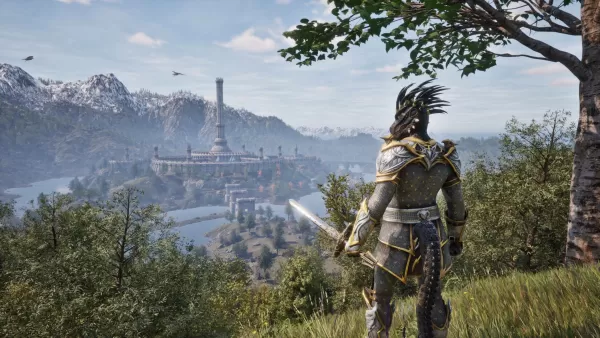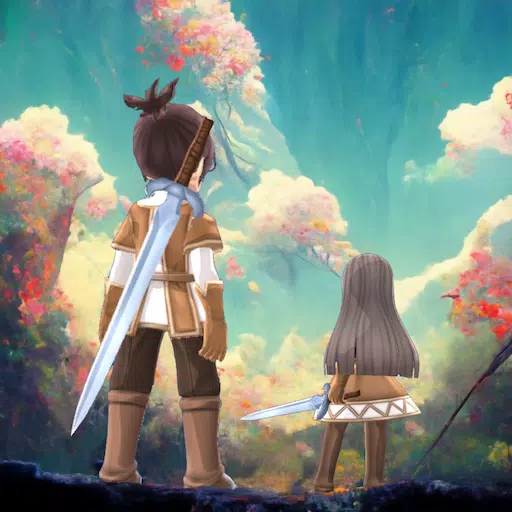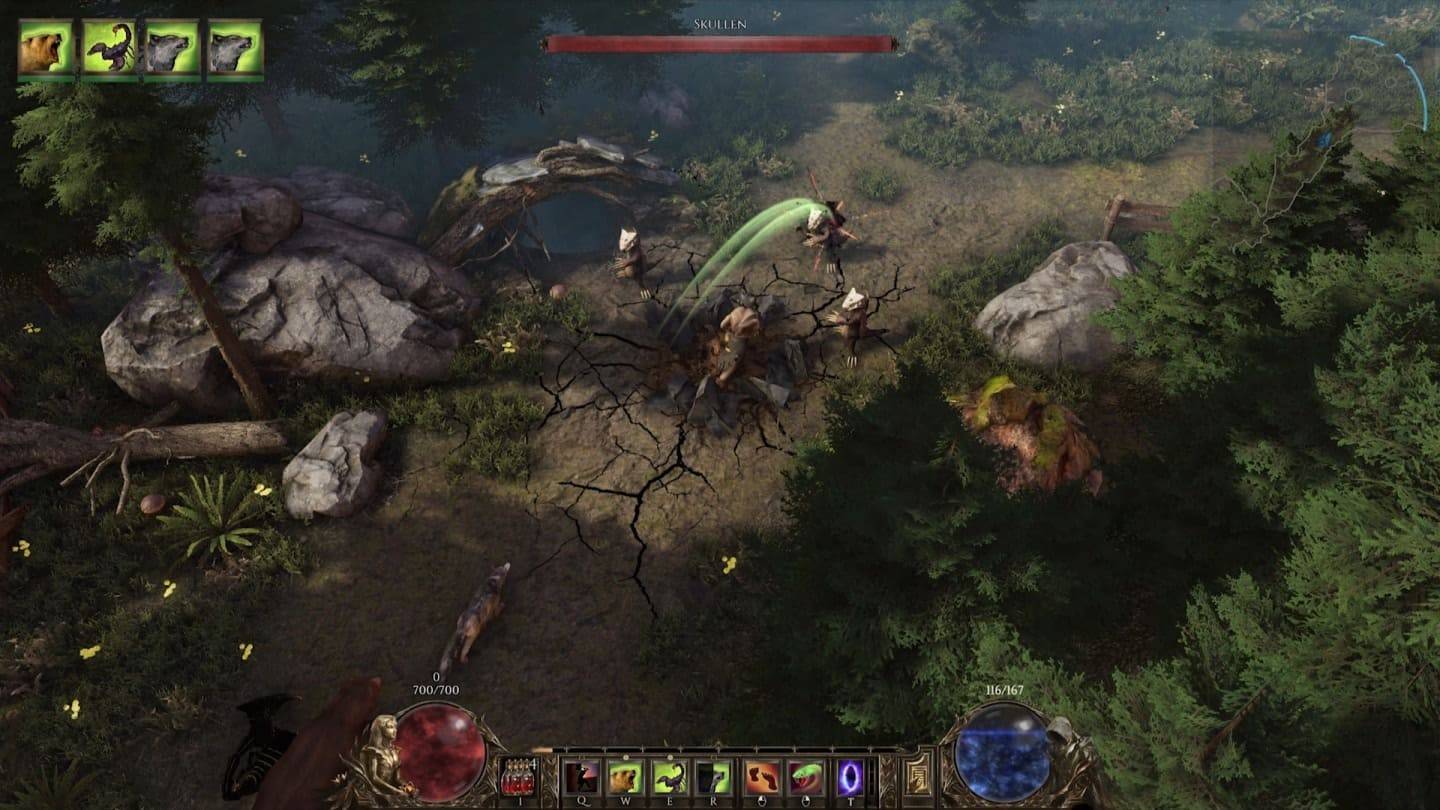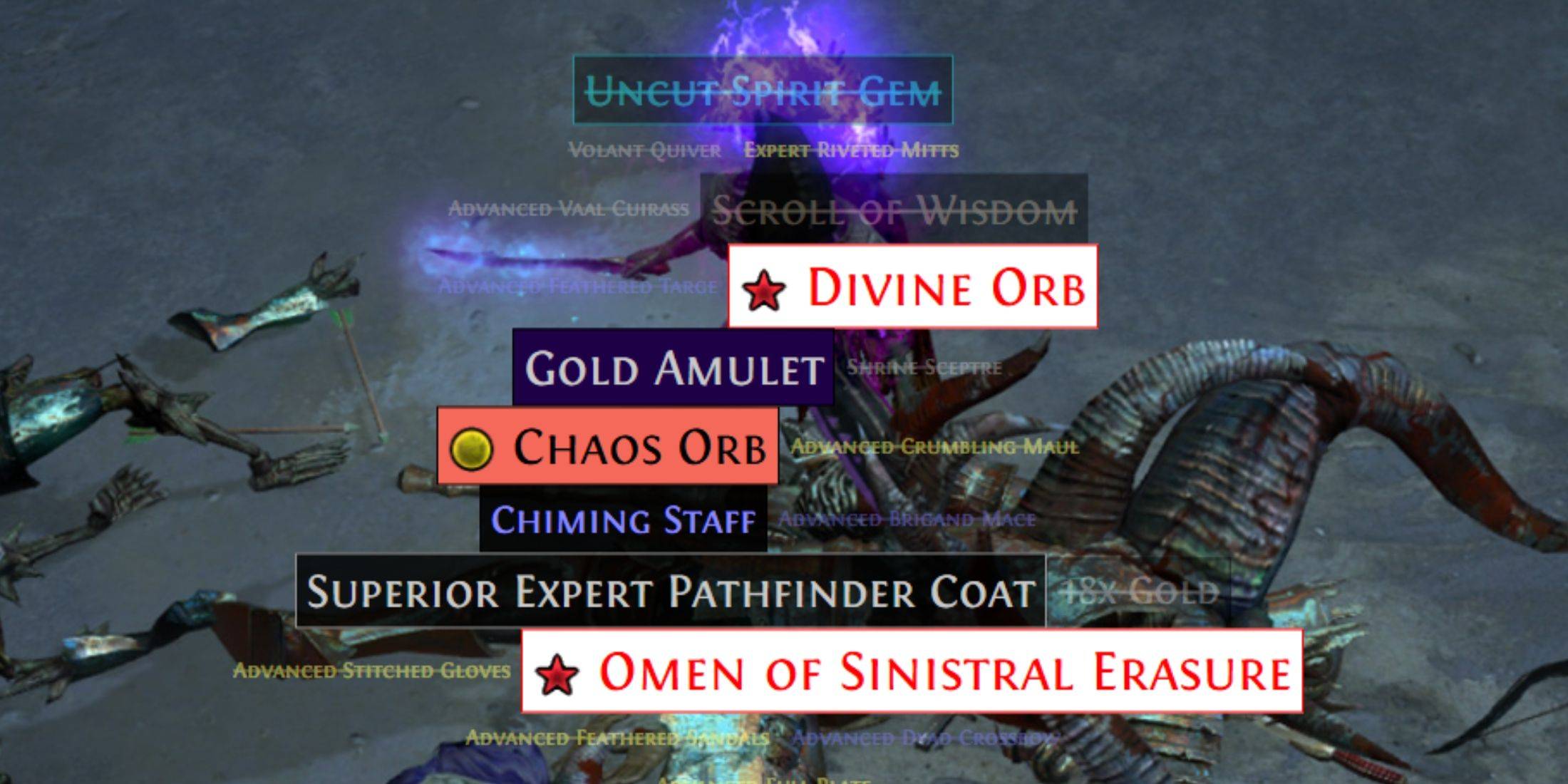By Azura, by Azura, by Azura — the truth is out. Yesterday, Bethesda ignited a wildfire across the internet with the long-rumored remaster (or perhaps full-blown remake?) of *The Elder Scrolls IV: Oblivion*, courtesy of Virtuos. A surprise reveal during what can only be described as an "Elder Scrolls Direct" moment sent shockwaves through the gaming community. Within hours, hundreds of thousands of players flooded back into the game, reliving one of the most iconic RPGs in history. At a time when Bethesda Game Studios has faced growing scrutiny over recent releases, this unexpected revival feels like a breath of fresh air — and possibly the first step toward reclaiming its former glory.
In recent years, Bethesda has found itself on shaky ground. Fallout 76’s rocky launch required years of damage control, while *Starfield*, despite high expectations, failed to resonate with fans the way previous titles had. With *The Elder Scrolls VI* and *Fallout 5* still years away, many have wondered whether the studio has lost its signature spark. However, the overwhelming response to *Oblivion Remastered* suggests that nostalgia may be the key to rekindling that connection — just not in the way anyone expected.
A Legacy Reborn
At its peak, Bethesda Game Studios was synonymous with groundbreaking RPG experiences. *Fallout 4* moved over 25 million units, with more than 5 million sold in its opening week alone. Meanwhile, *Skyrim* continues to defy logic, surpassing 60 million sales — no doubt aided by frequent re-releases across platforms. In contrast, *Starfield*, despite being the studio's most ambitious project in years, sits at just over three million units sold nearly a year-and-a-half post-launch. While Game Pass certainly boosted player numbers, the muted reception from even its core fanbase indicates that something has shifted.
So how does a once-dominant RPG powerhouse regain the trust and enthusiasm of its audience? The answer lies within its own vault of classics. By revisiting beloved titles like *Oblivion*, Bethesda isn’t just giving fans a taste of the past — it’s proving that there's still immense value in its legacy worlds.
The Road to Oblivion (and Beyond)
Speculation about a potential *Oblivion* remaster began in September 2023, following leaked Microsoft documents hinting at unannounced Bethesda projects. Among them was a remaster of the 2006 classic, alongside whispers of another intriguing title yet to surface. It wasn’t until early 2025 that the floodgates opened — a former Virtuos employee inadvertently confirmed details that split the fanbase down the middle. And then, last week, the big reveal dropped ahead of schedule, sending the internet into a frenzy.
The numbers speak for themselves: Google searches for *The Elder Scrolls IV: Oblivion* spiked by 713% in just seven days. During the live stream, over half a million viewers tuned in, with more than 600,000 people watching in some form. Discount retailers like CDKeys crashed under the weight of demand, while Steam saw over 125,000 concurrent players — making *Oblivion Remastered* the platform’s top-selling game overnight. Clearly, the passion for this world remains undimmed.
Why This Makes Sense for Bethesda
This strategy is more than just a nostalgic cash grab — it’s a calculated move to maintain relevance in a competitive landscape. With Larian’s *Baldur’s Gate 3* and Obsidian’s *The Outer Worlds* filling the void left by *Skyrim* and *Fallout 4*, Bethesda needs to remind players why their worlds mattered in the first place. Remasters allow the studio to keep fans engaged while development teams focus on next-generation IPs like *Elder Scrolls VI* and *Fallout 5*.
And let’s not forget the financial upside. When *Fallout 4* received a next-gen update timed with the release of the *Fallout* TV series, sales surged by over 7,500% in Europe alone. That kind of success proves that reinvigorating older games can yield impressive returns — especially when done right.

What Comes Next?
Looking at the original (now outdated) Bethesda roadmap, a *Fallout 3* remaster was listed to follow *Oblivion* two years later. If those plans remain intact, we could see a *Fallout 3 Remastered* arrive around 2026 — potentially timed with the second season of the *Fallout* TV show. Given the synergy between the first season and *Fallout 4*, it’s not unthinkable that a *New Vegas Remastered* could also be in the works — perhaps even teased at the end of Season 2.
But if any game in Bethesda’s catalog deserves a full remaster, it’s arguably *The Elder Scrolls III: Morrowind*. For years, fans have been shouting “Fus Ro Dah” from mountaintops demanding its return. Some have even gone so far as to attempt a full recreation using *Skyrim*’s engine. Yet *Morrowind* presents a unique challenge. Unlike *Oblivion*, it predates modern design conventions — featuring minimal voice acting, text-based storytelling, and no quest markers. Remaking it risks alienating purists, while leaving it untouched might make it feel archaic to new players. It’s a delicate balance — but one worth pursuing.
Time to Look Back, So We Can Move Forward
When a studio becomes the face of a genre, the pressure to innovate without losing identity is immense. Rockstar keeps *GTA* alive through *GTA Online*, but Bethesda thrives on single-player immersion. The success of *Oblivion Remastered* proves that fans are ready to revisit the worlds they love — and that remasters can serve as both a bridge and a beacon during long development cycles.
While not every remaster will land with the same impact, this one clearly struck a chord. As Bethesda looks ahead, it would be wise to continue investing in its past — not just to honor its legacy, but to fuel its future. After all, the message from players is loud and clear: If you rebuild it, they will come.

 Latest Downloads
Latest Downloads
 Downlaod
Downlaod




 Top News
Top News









